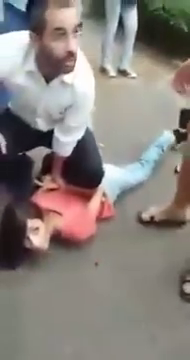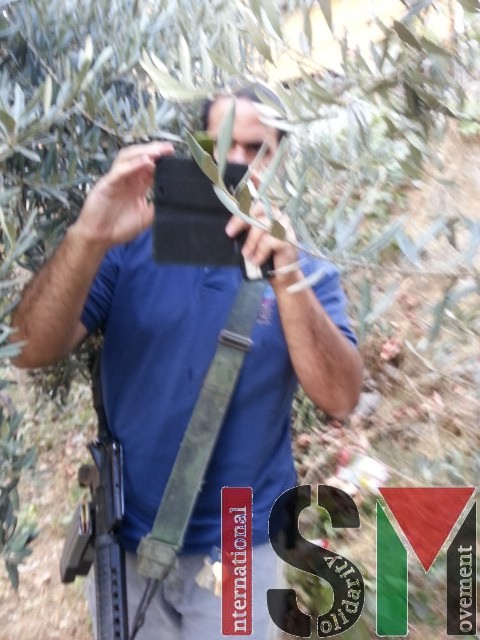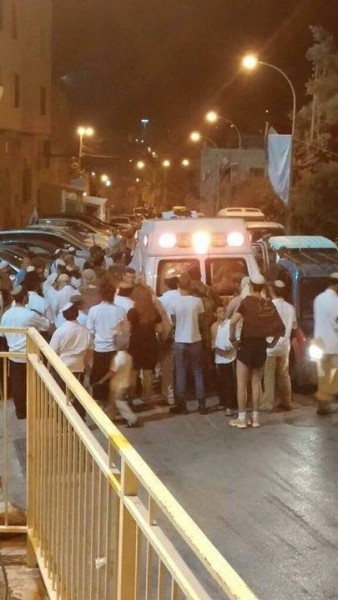Category: Features
-
Shoot First Don’t ask Questions Later
20th October 2015 | International Solidarity Movement | West Bank, occupied Palestine A video posted on October 12th by Shehab news agency described as an attack on a Palestinian girl from Haifa in her twenties for allegedly trying to assault a taxi driver in Tel Aviv after an argument between them. The video shows a…
-
Al-Khalil (Hebron) settlers disrupt Palestinian family’s harvest
19th October 2015 | International Solidarity Movement, Al-Khalil team | West Bank, occupied Palestine Recently weakened by heart attack and subsequent surgery, Hashem made his way slowly down the hill from his home in the Tel Rumeida section of al-Khalil to meet with the group of internationals from whom he requested assistance in picking what…
-
Settlers lay siege to Wadi Alhussein neighbourhood in Hebron (Al Khalil), Daana family under threat
18th October 2015 | International Solidarity Movement, Al-Khalil team | West Bank, occupied Palestine Sunday 18 October The Hebron (Al Khalil) neighbourhood of Wadi Alhussein is tonight, Sunday 18th October, under siege as armed settlers rampage through the streets with support of the Israeli forces. International human rights activists are currently standing in solidarity in…



